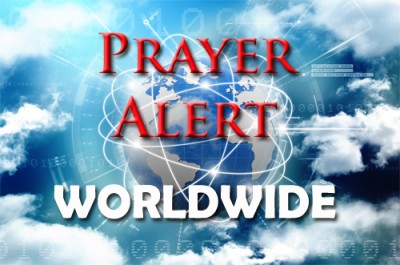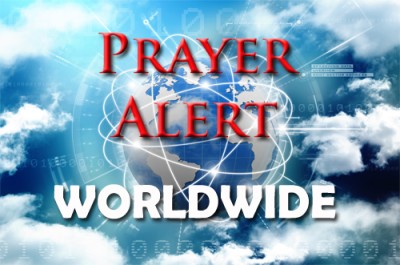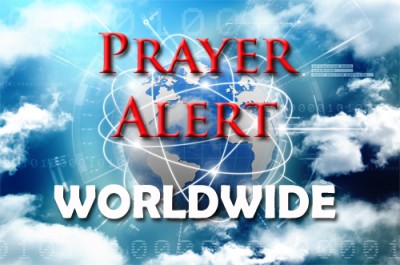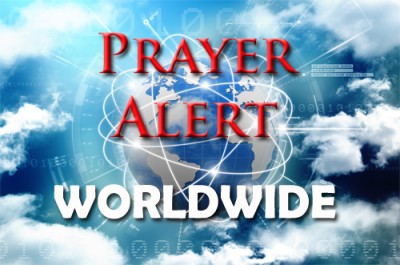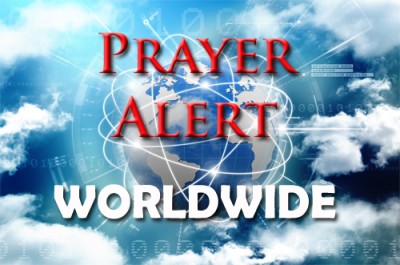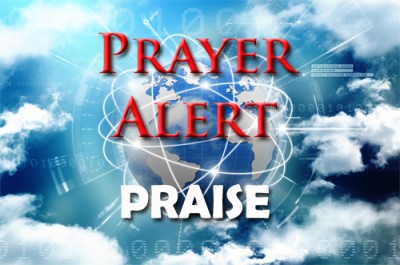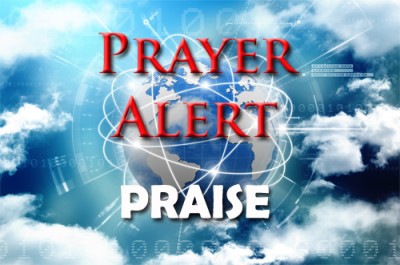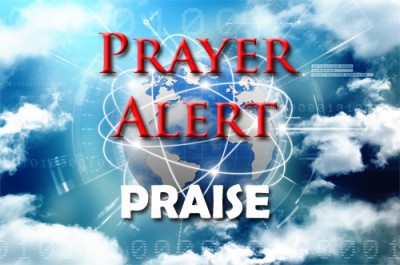Nicaragua: Church being silenced
01 Sep 2022Aid to the Church in Need (ACN) is urgently calling for prayers for Nicaragua amid an escalation of efforts to silence the Church. The expulsion of the country’s Apostolic Nuncio was followed by the abduction of Bishop Rolando, the Apostolic Administrator of a vacant diocese, along with three priests, two seminarians, a deacon and a photographer. Bishop Álvarez is under house arrest after he criticised the closure of Catholic radio stations. ACN said, ‘These events represent further escalations in an attempt to silence the Nicaraguan Church. There is no easy solution. We need to support them as much as possible and pray for a peaceful solution and no further increase in hostilities. This crisis is critical. In less than four years, the Catholic Church has suffered over 190 attacks, including a fire in the Cathedral of Managua.’ Street processions are prohibited, religious celebrations are interrupted, and the police intimidate worshippers at churches.
Oman: 91% are unreached
01 Sep 2022Oman’s economy is heavily dependent on declining oil reserves. It has begun focusing on tourism as a new source of economic growth. Diverse untouched landscapes of coastlines, deserts, and mountains are unique destinations for travellers. The Oman Arab Bank recently sponsored their third tourism forum to train young adults in the tourism industry. While this boosts Oman’s economy, it is also an opportunity for the Gospel to reach five million people who have never heard the good news of Jesus’ love and gift of salvation. Proselytising is illegal, and those in active Christian ministry experience pressure to leave the country. But as tourism increases, creative access to new people groups will become more feasible. Pray for successful expansion of current Oman ministries: relief and water projects, media, literature, business as ministry, urban evangelism, and church planting. As tourism meets the financial needs of Oman, may the Church go forth to meet the spiritual needs.
Iraq: political dysfunction and violence
01 Sep 2022Moqtada al-Sadr won most parliamentary seats last October, but he refused to negotiate with Iran-backed Shia groups to form a government, causing a year of political instability. When he announced his retirement from politics on 29 August it caused an eruption of street fighting overnight, as fighters exchanged gunfire. Tracer rounds illuminated the night sky in some of the worst violence to hit Baghdad in recent years, including using heavy weaponry such as rocket-propelled grenades. Some fighting was between the Peace Brigades, a militia loyal to Mr Sadr, and members of the Iraqi military. Some fighters Iran closed its borders with Iraq amidst the fighting, and Kuwait urged its citizens to leave immediately. A UN spokesperson has called for ‘immediate steps’ to de-escalate the situation. Iraq's caretaker prime minister has declared a nationwide curfew after unrest in several other cities, and suspended cabinet meetings. By 31 August most violence had stopped, but the country’s crisis has only deepened. See
In the Chinese ankang (peace and health) system detainees are strapped onto beds, pumped full of drugs, receive electric-shock therapy, and are left to lie in their own excrement. Some are confined for their entire lifetimes. The system is grounded in the Communist Party's optimistic totalitarian notion that medical treatment can make people obedient. Medics administer drugs that damage prisoners’ central nervous systems, intentionally overdosing them, apply extreme-strength electroacupuncture, and brutally force-feed them. This abuse of psychiatry has continued for seven decades in the People's Republic of China. The Communist Party has changed the organisational structures and the methods of how it destroys people in psychiatric institutions, but the destruction of life continues. Safeguard defenders, and the international community, must finally acknowledge that the Party is inherently murderous. The only way to end the abuse of psychiatry in China as well as the Party's other horrific crimes is to end its rule.
Syria: pray for the persecuted
01 Sep 2022Zaina is just one of the thousands of Christians who suffer for their faith. After she was married her brother-in-law attempted to rape her. She fled to her parents, but they sided with him, enraged at the shame she had brought on the family. She fled to her aunt, but her father found her and beat her unconscious - leaving only when he thought she was dead. Her aunt asked her to leave. During this desperate time Zaina heard about the love and mercy of Jesus and received him as her Saviour. Her family continued to threaten her. She relocated several times, and finally her husband divorced her. She found a church and a job, but when her boss discovered she was a Christian convert he fired her, fearing retribution from the predominantly Muslim community. Her brother ultimately convinced her to come home, but he deceived her and once there he tried to kill her. She has relocated again and is now dealing with several health issues.
New York Jets follow Jesus' lead
26 Aug 2022The women, children and elderly fleeing Ukraine are suffering the most, dealing with the trauma from Russia’s ongoing onslaught. In support of what churches in Ukraine and Poland are doing, the New York Jets donated $100,000 towards the work of ‘CityServe Krakow Housing Project’. Their goal is to expand refugee housing in Krakow, Poland. The money will provide safe homes for families which include a kitchen and laundry room, and food and vital necessities. CityServe said it is incredible that a secular organisation should partner with faith-based organisations to see the gospel spread in this war-torn region.
Hope amidst fear
26 Aug 2022Bible Society staff are taking humanitarian aid and Bibles to cities under heavy attack in Ukraine to provide ‘hope amidst fear’. With local churches they take food, medicines and Bibles to homes and to bomb shelters. In one bomb shelter in a school, people read Psalm 91 day and night. War has brought many changes to Ukraine’s Bible Society but they meet every challenge. Their bookshelves now store medicine, and the team travel off-road in medical convoys to bring Bibles, scripture-based resources, humanitarian aid and pastoral care to the most devastated places. They say, ‘We are sharing living bread and physical bread.’
God heals an incurable cancer
26 Aug 2022Mikhaila’s mother had a rare cancer. The death rate was 100%. Three surgeries failed. A lady who visited her hospital prayed with her, offering hope, and her demeanour changed. She let go of the control she tried to have over the cancer. She was being tube-fed and her faith took over. ‘I’ll be better by our anniversary next month.’ she declared. Mikhaila thought the optimism was due to the morphine. But, a month later, she was better. The 100% cancer fatality rate changed by 100%. No doctor could account for her recovery. Mikhaila and mum discussed the healing proclamation. ‘That’s a weird day and you said it was going to happen a month ago.’ Mikhaila said. ‘How is that possible?’ ‘God’, Mum replied nonchalantly.
